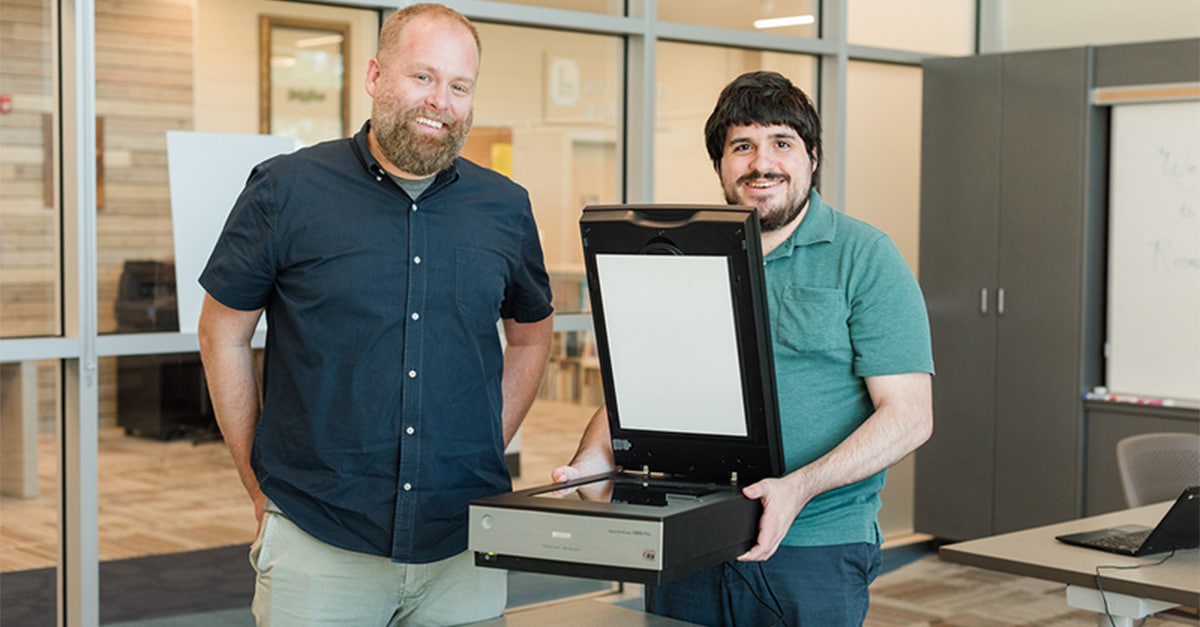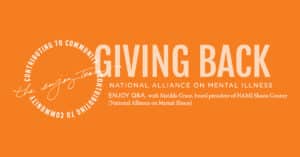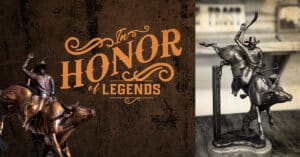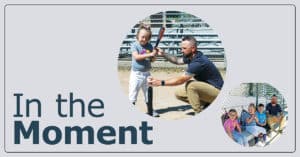Retro Tech Lab
Digital details from Tehama County…
If there’s a box sitting somewhere in a dark recess of your home that you just can’t get rid of because it contains VHS tapes of a family wedding or mixtapes from the ‘80s that just can’t be parted with, a solution is at hand. It matters not that you haven’t owned a VCR for 20 years or that your cassette player blew out in the late ‘90s. The Tehama County Library has staff and equipment that can help you convert those memories to a digital format and breathe life into them on modern players.
“Ninety-five percent of VHS tapes will be obsolete within 10 years,” says librarian Todd Deck, who helped found the Retro Tech Lab. “That’s heartbreaking in terms of how many family histories could be lost because that was the way of documenting things.”
The lab came about in response to the question, “What is a library’s role in a disaster?” Deck said he’d noticed a trend in the new patrons coming into the library who were evacuees from the Carr and Camp fires. “The only real remorse they showed was a sadness at losing their family memorabilia,” he says.
His response was to write a grant proposal to the California State Library Association. In July 2019, the Retro Tech Lab was born with a $10,000 award to purchase items such as 8mm and Super 8 digital converters, a VHS converter, photo document scanner, cassette tape digital converter, and Polaroid and 35mm cameras.
“We started with everything you could possibly need to run a digital preservation program,” says Deck. There’s a larger philosophy at play here, which is a do-it-yourself element. “Now we’re not necessarily taking the project on for them, but teaching them how to do it,” he says of the patrons who come in lugging boxes of old VHS tapes and 35mm slides for conversion.
Then Deck and staff member Eddie Proctor were off to Washington, DC, to train with peers in the Memory Lab Network to get training on digital preservation. He describes their trainers as “true experts on the presentation of preservation.” They are people who have digitized scrapbooks of Hume Cronin and Jessica Tandy for the Library of Congress and preserved a stolen roll of toilet paper that a young GI in World War II used to record a daily diary.
Staff from the National Museum of African American History and Culture in Washington, DC, educated the team on taking a digitization project on the road, as they do to record African American life around the country, digitizing decades-old scrapbooks and photos and creating “images as crisp as if they were filmed yesterday.” The Memory Lab Network not only paid for the training but provided additional funds for the Tehama County Library to take their project on the road when public health orders allow.
The rewards have been immense. Speaking during a pandemic shutdown, Deck referred to a busier time. “It was great because people were coming into the library that we wouldn’t normally see,” he says. “Seeing them engage with their memories and preserve them for the next generation is very special.”
He notes the joy of seeing a married couple come in to digitize their wedding video recorded on VHS. “Their children got to see their wedding for the first time because they no longer have a VCR,” he says. “For the first time in a library, I’ve seen older people engage with technology because it’s meaningful to them.”
They also have the perfect support person in Eddie Proctor, a young man who spent his high school years as a library volunteer and then worked part-time while earning a history degree at Chico State University. “Eddie’s been wonderful at bridging that gap with them,” says Deck. “They will come in with a VHS tape and he will go over the process with them. Eddie is a very kind and patient person. He’s naturally inquisitive but very patient.”
Patience is a key element of the process. While it isn’t difficult, it is time-consuming. The average VHS tape is four hours. It takes at least that much time to digitize.
Still, time is something many have found themselves with a lot of lately. For those who went into cleaning mode while at home, an answer is available for those old tapes. “Our reality as Californians is that disasters are part of our identity,” says Deck. “Having a resource to preserve their memories in a disaster is really important.”
Tehama County Library Retro Tech Lab • 545 Diamond Ave., Red Bluff • (530) 527-0604
Photo by Jen Peterson




